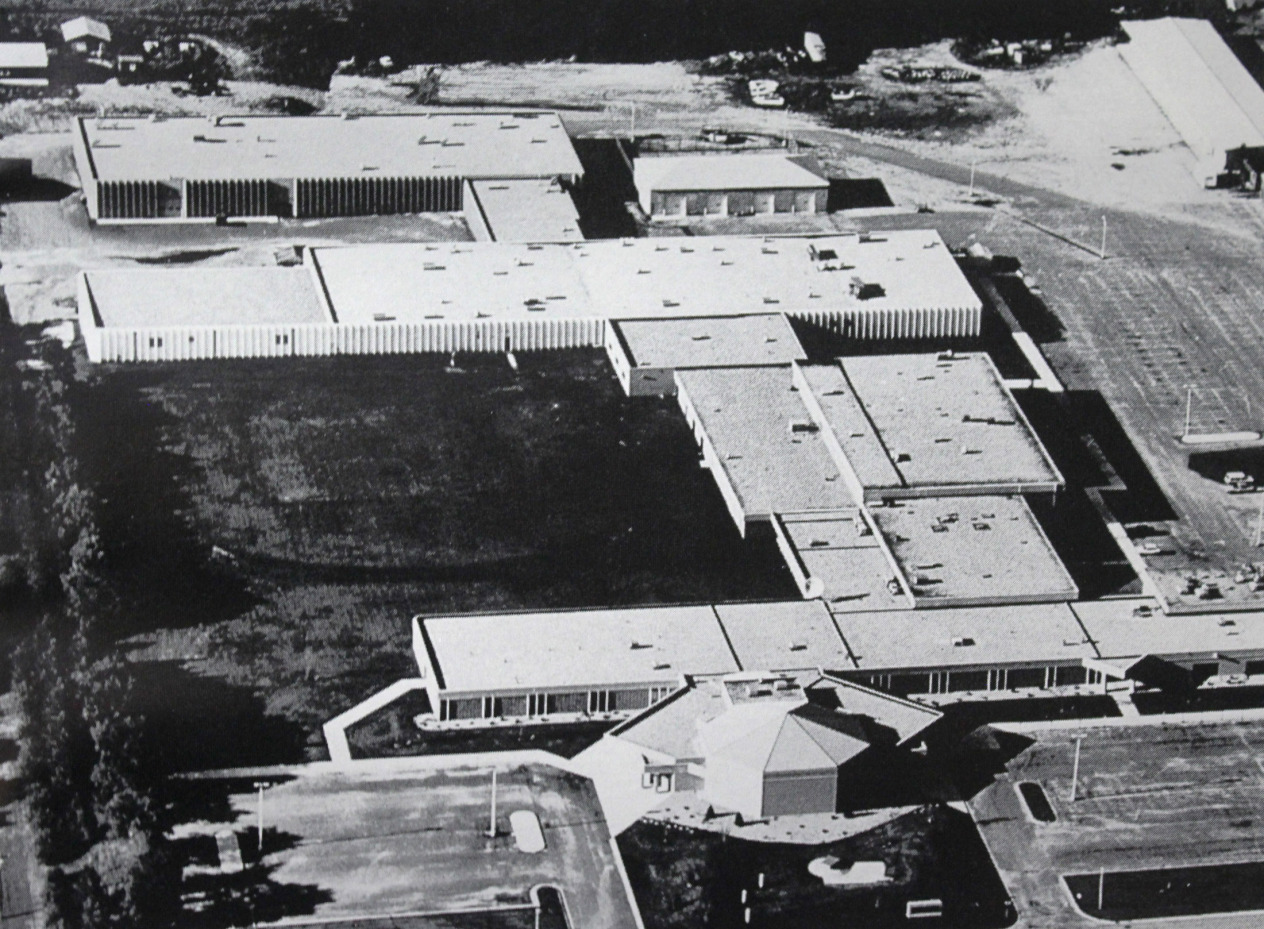Search
Registering for courses To register, log into SpartanNet>E-Services>Courses & Registration. There are two ways to register for courses: Quick Add (Register): If you have the course ID numbers for the classes you wish to take, enter the ID numbers and register. Be sure the
Developmental courses M State courses with a number prefix of 1,000 or greater are considered to be college-level classes, and students earn college credits for successfully completing the courses. Math and English courses with course numbers beginning with 0 are
GAS1004 - Gas Utility Field Training IICredits: 4 (2/2/0) This course provides practice in applied gas utilities tasks with a focus on installation. Students have theory and applied training with the installation of gas meters, valves, regulators and plastic pipe.
GAS2001 - Forklift CertificationCredits: 1 (0/1/0) This course offers an Occupational Safety and Health Administration-compliant program consisting of field training, a knowledge test and a hands-on evaluation for all forklift operations.
GAS1003 - Gas Utility Equipment TrainingCredits: 5 (1/4/0) This is an Introductory course that prepares students for basic field utility work. The course includes safety procedures, equipment operations and maintenance.
GAS2600 - Electric and Gas AppliancesCredits: 4 (2/2/0) This course provides the student with the skills necessary for the installation, maintenance and repair of residential electric/gas appliances.
GAS2002 - Gas Utility Field Training IIICredits: 5 (1/4/0) This course provides practice in gas utility tasks with a focus on gas mains. The students have theory and applied training with the installation and repair of steel gas mains and services, line testing and leak detection procedures,
GAS1000 - Gas Utility Field Training ICredits: 4 (2/2/0) This is an introductory laboratory course that prepares students for basic field utility work, including safety procedures and equipment operation. This course focuses on hands-on application and is intended to help students become confident in
GAS1002 - Gas Service Welding ICredits: 3 (1/2/0) This course provides an opportunity for students to develop the knowledge, skills and understanding required for employment in this field. Students will learn how to weld pipe utilizing oxyacetylene and gas metal arc welding, welding safety, weld
GAS2003 - Gasless Leak DetectionCredits: 3 (1/2/0) This course will provide hands-on training for responding to gas emergencies and conducting hazardous leak investigations.
